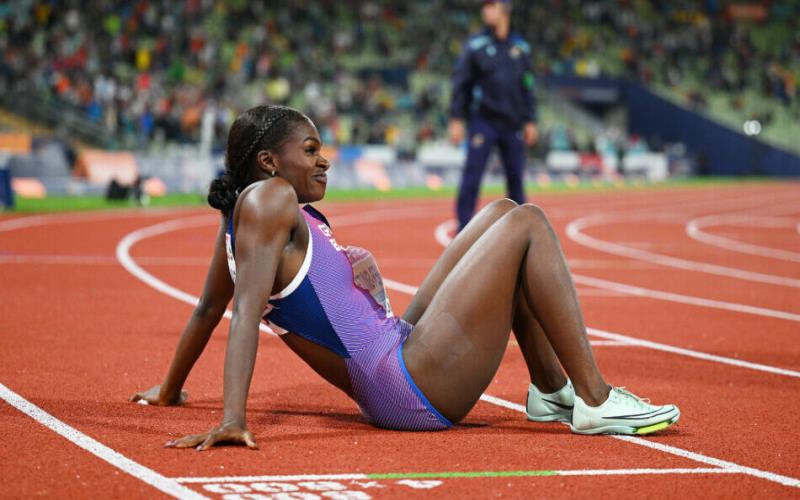Women in high-level athletics know first hand the unique and sometimes challenging experiences menstruation can bring. Being an athlete requires a lot of physical and mental strength, so having to cope with some of the common side effects associated with menstruation can be a huge challenge for female athletes. From painful cramps to heavy bleeding, these symptoms can take away from their performance on the field and even interfere with their training routines.
Unfortunately, menstruation is still often seen as something that needs to be kept under wraps—especially within the context of high-level athletics. As such, there are not enough resources available for female athletes who need support managing menstruation or its side effects. This lack of education and support creates an environment where many women feel uncomfortable talking about menstruation and its related issues.
That is why it’s so important to create a safe and supportive space where female athletes can openly talk about menstruation without fear or judgement. This could involve providing resources such as menstrual cups or period panties, or offering educational materials on menstruation and perimenopause. Additionally, it could also mean creating mentorship programs with medical professionals who specialize in women’s health conditions.
By taking proactive steps towards recognizing the unique challenges female athletes face due to menstruation, we can help them have healthier and more successful athletic careers. By providing access to necessary support systems and resources, female athletes of all ages will be better equipped to manage their menstruation in a way that works best for them. With the right support, female athletes can overcome menstruation-related challenges and excel in their chosen sport.
Women and menstruation have always had a complex relationship, especially when it comes to female athletes. Menstrual cycles can significantly impact an athlete’s performance on the field or court, as well as their overall wellbeing. From menstruation-related pain to hormonal changes, female athletes often experience more intense symptoms than the average woman. This has a direct effect on their athletic performance and can lead to fatigue and exhaustion. Despite the fact that menstruation is a natural and normal part of life for women, there still remains a huge stigma surrounding it—especially within the context of high-level athletics. Many female athletes feel uncomfortable discussing menstruation due to fear of judgement or embarrassment. This can lead to them feeling isolated and overwhelmed when trying to manage menstruation-related issues such as cramps, heavy bleeding, hormonal changes, and fatigue. As a result, many female athletes are unable to access the necessary resources or support systems they need in order to cope with menstruation’s effects on their performance.
It’s important for sports programs, coaches, and athletes alike to recognize the unique challenges menstruation can bring each month. By creating an open dialogue around menstruation, we can ensure that female athletes have access to the resources they need in order to stay healthy and perform at their best. With proper education, support systems, and resources in place, female athletes of any age or skill level will have the necessary tools to navigate menstruation-related issues so they can continue pursuing their dreams.
It is time to break down the stigma associated with menstruation and support female athletes on their way to athletic success! Let’s create a culture where menstruation, menopause, and their related issues are openly discussed and appropriately addressed. Female athletes should not have to suffer in silence when it comes to managing menstruation—they deserve access to all of the resources they need in order to thrive both on and off the field. With these tools in place, female athletes will be better prepared for any menstruation-related obstacles that may come their way. Together, we can make sure every woman has the support she needs to tackle menstruation and succeed in her chosen sport.

